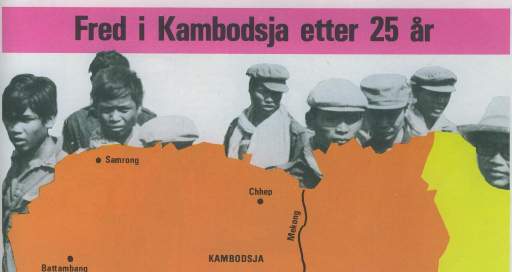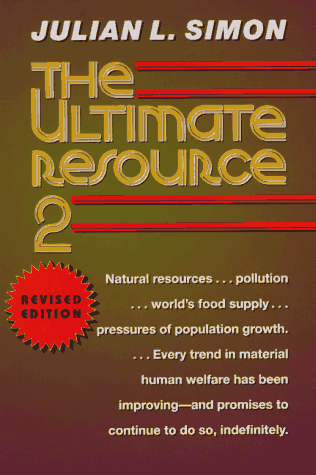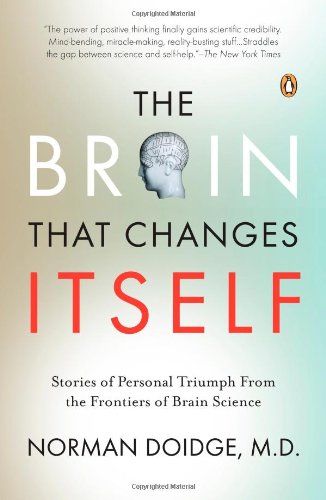“To break someone’s eye,” is an old Bedouin expression, which was turned into state policy in Iraq through the employment of a rapist like ‘Aziz Salih Ahmad. The people of Takrit were famous under the Ottomans for the way they would “break the eye” of any non-Takriti governor who might be imposed on them by central government. The newly appointed governor, along with his wife and children, would be invited for a welcoming feast in the ho use of a local notable, On the way back, the party would be ambushed by a group of armed masked men. The governor would be forced to watch his wife being gang-raped, after which the men would whip off their masks, show the governor their faces, and disappear into the night, killing no one. Such a governor could not ever again preside over the affairs of Takrit. By the late 1970s, the most famous “aristocratic” Baghdadi families were having their eyes “broken” by the new upstart Ba’thi rulers, even though these families had long ceased to wield political influence or even economic power in the country. Young women from such families were kidnapped off the streets on their way to and from some of the famous clubs of Baghdad. They would disappear for a few weeks, and then reappear. Everybody would know what had happened to them, but no one would dare (or want) to say anything about it.
- Kanan Makiya, Cruelty and Silence (1993)





